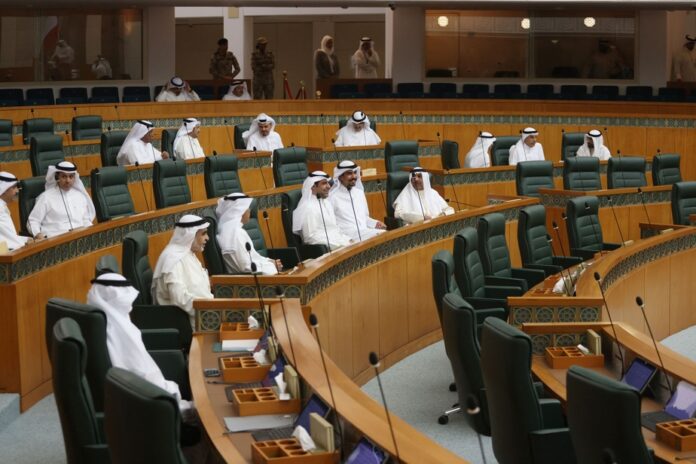(Kuwait) Kuwait has formed its seventh government in three years, the authorities of this oil-rich Gulf state announced on Sunday, facing a long and deep political crisis between the executive and parliament.
Kuwait’s previous government resigned in January, just three months after taking office, dampening hopes of ending political turmoil that is stunting reforms in the country, one of the world’s top crude oil exporters.
“A decree from the Emir has been issued (to validate) the formation of the new government led by Sheikh Ahmad Nawaf al-Ahmad Al-Sabah,” the government said on its Twitter account.
Key posts: Salem Al-Sabah in Foreign Affairs and Bader al-Mulla in Oil remained unchanged from the previous snap government. Of the 14 ministers, two are women, assigned to Public Works and Social Affairs.
Prime Minister Ahmad Nawaf al-Ahmad Al-Sabah had tendered his government’s resignation as lawmakers planned to question ministers over a controversy over consumer loans and mismanagement of public finances.
But in March, the Constitutional Court invalidated last year’s legislative elections, won by the opposition, and imposed the reinstatement of the previous legislature.
Unlike the other very locked Gulf States, Kuwait has a relatively dynamic political life. In recent years, MPs have regularly taken on the executive, including ministers from the powerful ruling Al-Sabah family.
The latter nevertheless retains most of the power, the sovereign portfolios being systematically entrusted to them.
The current emir, Nawaf al-Ahmad Al-Sabah, aged 85, remains on the sidelines of political life in favor of the crown prince, Meshaal al-Ahmad al-Jaber al-Sabah.
Kuwait’s political instability has dampened investor appetite and hampered reforms in the country, which may be wealthy, but which is struggling to diversify its economy as its powerful Saudi, Qatari and Emirati neighbors have done.


















